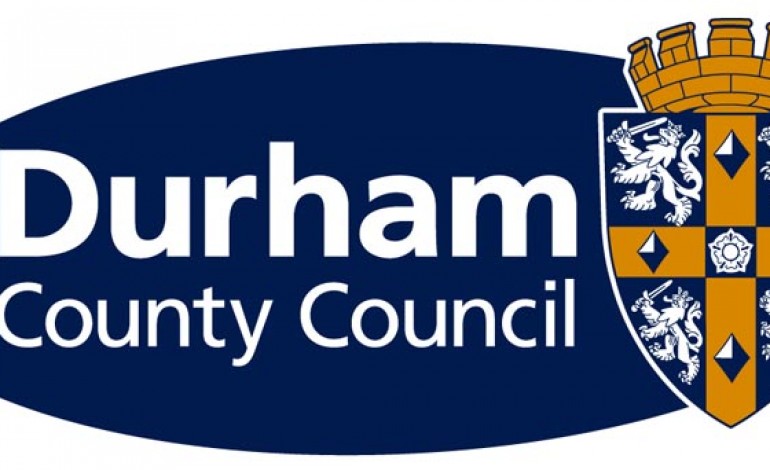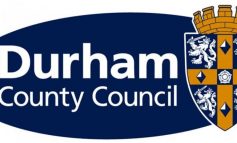Durham County Council says it faces a period of “significant financial uncertainty” after an additional £11m black hole has been identified.
The local authority says effective bankruptcy isn’t on the cards yet – but that “could change rapidly” if crippling escalating costs aren’t brought under control.
Leaders at the council will consider further proposed savings to help it balance its budget next year.
Its cabinet will hear next week that the authority continues to operate in a period of significant financial uncertainly due to the impact of high levels of inflation and service demand, with an estimated £67.6m in savings needed over the next four years – around £11m more than was previously forecast.
These concerns continue to impact significantly on financial planning, with increases in bank base rates and the impact of future National Living Wage increases forecast to put further pressure on the council’s budgets.
On Wednesday, October 11, cabinet will hear that these challenges are primarily due to continuing inflationary and demand pressures, and significant uncertainty in terms of how available funding will be shared between councils beyond next year.
Councillors will also be told that, at this stage, the authority is not in danger of considering a Section 114 notice, due to its “current financial resilience, strong track record of prudent financial management, and sufficiently robust budget and Medium Term Financial Plan (MTFP) planning processes”.
However, if the current challenges are not addressed in a planned way, the position “could change rapidly”.
Cllr Richard Bell, Durham County Council’s deputy leader and cabinet member for finance, said: “The ongoing inflationary situation is continuing to make financial planning extremely challenging, with one percent on the pay bill about the same as a one per cent increase in council tax, and significant extra demands particularly in children’s social care.
“Even if we increase the council tax by the maximum permissible without a referendum, we still face a budget deficit of £16.3m next year and £67.6m over the next four years.
“We continue to closely monitor and manage our budgets to identify additional savings options to help us balance next year’s and future years’ budgets.
“While we strive to be flexible and adaptable as a council, and increase our efficiency, it is unavoidable that these savings will be noticed by the public, as we will be required to make very difficult decisions to address these pressures.
“We have called on the government to provide more much-needed financial support to our council and to the wider sector to help with these demands.
“We’ve also called for a fundamental review of the way councils are funded going forward, as the current system is just not sustainable.
“We also need longer term settlements from government as the current pattern of annual announcements makes forward planning even more difficult.
“Our relatively strong financial position means we are not considering a Section 114 Notice, and we remain committed to strong financial governance and getting value for public money, while ensuring we have a sustainable balanced budget to support our services to residents.”
Wednesday’s report includes details of further savings proposals that could be implemented to help balance the budget.
These would be subject to consultation over the coming two months, building on the consultation which is currently underway on the proposals reported to Cabinet in July.
The total savings required at this stage for 2024/25 to balance the budget is estimated to be £16.3m.
A total of £2.33m of savings have already been approved which can be delivered in 2024/25.
Cabinet agreed additional savings proposals of £3.7m for 2024/25 and £6.6m in total across the MTFP planning period, which are currently subject to public consultation.
Cabinet will hear proposals for further savings of £1.94min 2024/25 and £2.9m across the four-year period, and that these go out to further public consultation.








